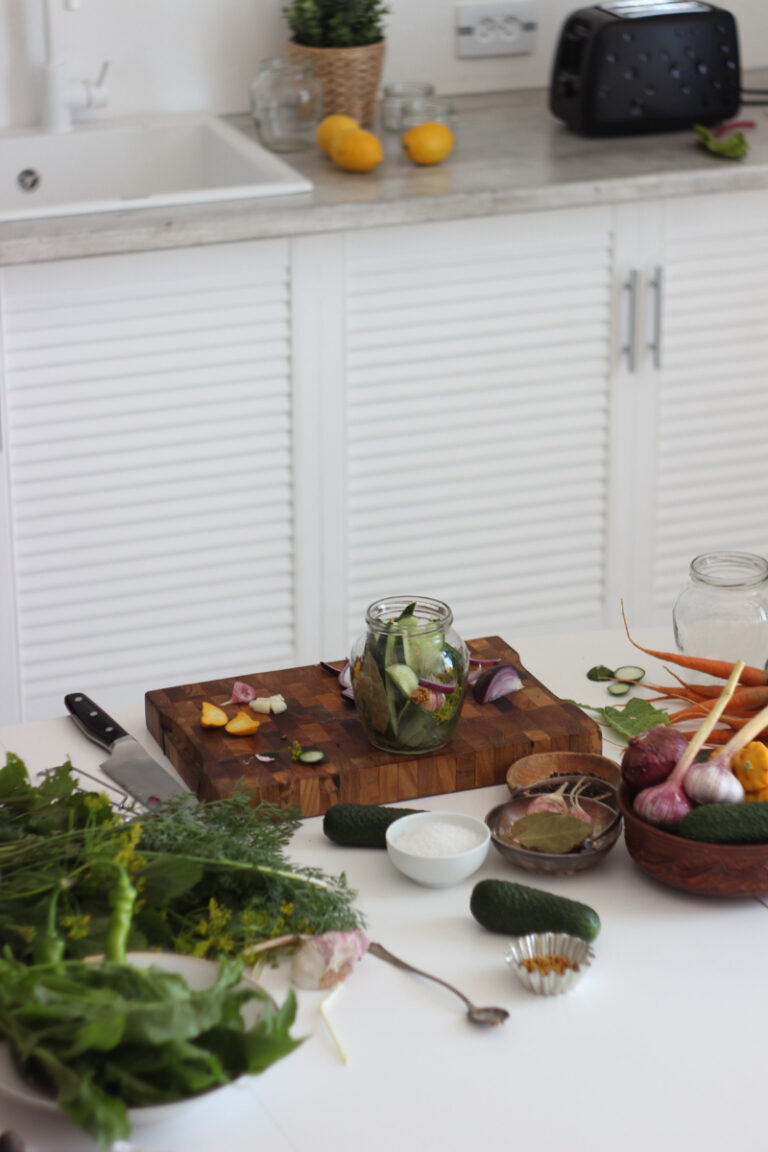Is Homemade Bread Better for You? Exploring the Benefits of Baking Bread at Home
Homemade bread has been making a comeback in recent years, as more people are discovering the joys of baking their own loaves. Whether you’re an experienced baker or just starting out, there’s something uniquely satisfying about the process of making bread from scratch.
But is homemade bread actually better for you than store-bought bread? In this article, we’ll explore the nutritional benefits of making your own bread, as well as the economic and psychological advantages.
Is Homemade Bread Better for You?

Nutritional Comparison
When it comes to the nutritional value of homemade bread versus store-bought bread, there are several factors to consider. Let’s break down the differences and examine why homemade bread might be a healthier option.
1. Ingredients
Homemade bread allows you to have complete control over the ingredients used in your recipe. This means you can select high-quality, whole grain flour and avoid unhealthy additives like high-fructose corn syrup or hydrogenated oils.
In contrast, many store-bought breads contain refined flours and added sugars, which can contribute to a less nutritious final product.
2. Additives
Store-bought breads often contain preservatives, artificial colors, and flavor enhancers to extend their shelf life and improve their taste and appearance. These additives may not be harmful in small amounts, but consuming them regularly could have negative effects on your health.
With homemade bread, you can avoid these additives entirely, resulting in a more natural and wholesome product.
3. Nutrient Content
Homemade bread made with whole grain flour is typically higher in fiber, vitamins, and minerals compared to store-bought bread made with refined flour.
Whole grains are known to promote heart health, aid digestion, and help maintain a healthy weight. By choosing to bake your own bread, you can ensure that you’re getting the full range of nutrients that whole grains have to offer.
Health Benefits
In addition to being more nutritious, there are several health benefits associated with baking your own bread at home. Let’s take a closer look at why homemade bread might be better for you.
1. Control Over Ingredients
As previously mentioned, making your own bread allows you to control the ingredients that go into it. This means you can tailor your recipe to your specific dietary needs, such as using gluten-free flour or reducing the amount of salt or sugar.
By eliminating additives and selecting whole, natural ingredients, you can create a healthier bread that will do your body good.
2. Reduction in Preservatives
Store-bought breads are often loaded with preservatives to keep them fresh longer. However, these chemicals can be harmful to your health and have been linked to a range of health conditions, including allergies, asthma, and cancer.
By baking your own bread, you can avoid these preservatives entirely, resulting in a fresher, cleaner-tasting loaf.
3. Better Digestion
Homemade bread made with whole grain flour is higher in fiber compared to store-bought bread made with refined flour. Fiber helps to regulate digestion and promote healthy bowel movements, which can reduce the risk of constipation and other digestive issues.
Additionally, some people find that homemade bread is easier to digest due to the lack of additives and preservatives.
4. Reduced Risk of Allergies and Intolerances
If you have food allergies or intolerances, making your own bread can be a lifesaver. By controlling the ingredients, you can make bread that is free from common allergens like wheat, dairy, and eggs.
This allows you to enjoy bread without worrying about adverse reactions or discomfort.
Economic Benefits
Not only is homemade bread better for you, it can also be more economical in the long run. Here are some ways that baking your own bread can save you money and reduce food waste.
1. Cost Savings
While the upfront cost of ingredients and equipment may seem daunting, baking your own bread can actually save you money in the long run. Store-bought bread can be expensive, especially if you opt for artisanal or specialty loaves.
Making your own bread, luckily, can help you save on grocery bills and have fresh bread on hand whenever you need it.
2. Reduced Food Wastage
Baking your own bread can also help to reduce food waste. Store-bought bread often comes in large quantities that can go stale quickly and end up in the trash.
By baking your own bread, you can make smaller batches and adjust the recipe to suit your needs, reducing the amount of food that goes to waste.
3. Sense of Accomplishment
Finally, the act of baking your own bread can provide a sense of accomplishment and satisfaction.
Learning a new skill and creating something from scratch can be rewarding in its own right, and the delicious aroma of freshly baked bread is an added bonus. This can help to boost your mood and reduce stress levels, providing additional health benefits.
Psychological Benefits
Beyond the health and economic benefits, baking your own bread can also have a positive impact on your mental well-being. Here are some of the psychological benefits of making your own bread at home.
1. Stress-Relieving Activity
Baking can be a meditative and calming activity that can help to reduce stress levels. The process of measuring, mixing, and kneading dough can be therapeutic and provide a welcome distraction from the stresses of everyday life.
Plus, the satisfaction of creating something with your own hands can be deeply rewarding.
2. Creativity and Experimentation
Baking your own bread allows for endless creativity and experimentation. You can try out different types of flour, add in seeds or herbs, or even make fun shapes and designs.
This sense of playfulness and experimentation can boost your mood and provide a sense of joy and accomplishment.
3. Bonding with Friends and Family
Baking bread can also be a great way to bond with friends and family. Whether you’re teaching your kids how to bake or having a baking day with friends, the act of creating something together can be a bonding experience.
Sharing fresh bread with loved ones can also provide a sense of warmth and connection.
The Bottom Line
Wrapping up, homemade bread is not only a delicious and satisfying addition to any meal, but it also offers a range of health, economic, and psychological benefits. In addition, baking your own bread can help you save money, reduce food waste, and provide a sense of accomplishment and connection with loved ones.
With a little bit of time, effort, and creativity, you can create tasty and healthy bread that nourishes your body and soul!






